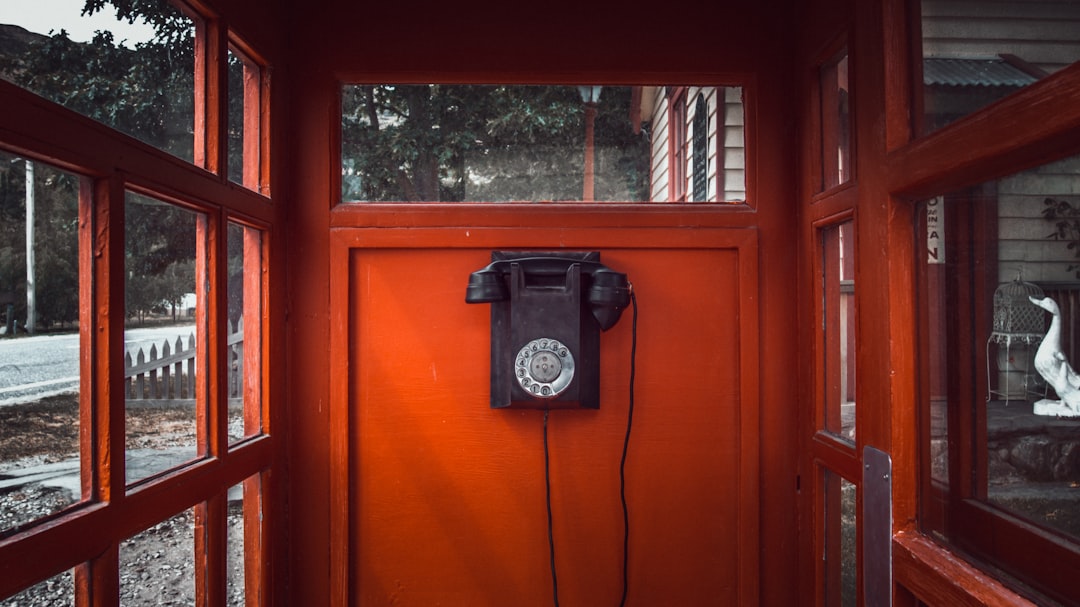Tribal colleges in South Dakota face unique challenges under the TCPA when conducting student outreach. To comply with federal regulations and avoid legal issues, they must carefully craft marketing campaigns that respect privacy rights and obtain explicit consent. Partnering with a specialized TCPA Lawyer South Dakota or Spam Call Law Firm South Dakota is crucial for navigation, risk mitigation, and building trust with prospective students while adhering to stringent anti-spam call regulations. Key strategies include opt-in consent mechanisms, personalized communication, and prompt addressal of inquiries to enhance outreach and enrollment without legal repercussions.
“Enhance your tribal college’s outreach efforts with our comprehensive guide on missions best practices tailored to TCPA-compliant strategies in South Dakota. This article delves into crucial aspects, including navigating complex TCPA regulations and selecting a reputable TCPA lawyer South Dakota to mitigate risks. Learn from expert-recommended best practices for building compliant outreach campaigns, effective communication techniques to avoid spam calls, and fostering student engagement while adhering to Spam Call law firms South Dakota guidelines.”
Understanding TCPA Regulations in South Dakota: A Tribal College's Guide
In South Dakota, the Tribal College outreach team must navigate complex TCPA (Telemarketing Consumer Protection Act) regulations to ensure compliance and avoid legal pitfalls. As a tribal institution, understanding the unique application of this federal law is essential. A TCPA lawyer or attorney specializing in South Dakota telecom laws can provide invaluable guidance on how to effectively communicate with potential students without running afoul of the Spam Call law.
The TCPA stringent rules restrict telemarketing activities and protect consumers from unsolicited calls and messages. For tribal colleges, this means carefully crafting marketing campaigns, obtaining proper consent for phone and text communications, and maintaining detailed records of interactions. By partnering with a reputable Spam Call law firm in South Dakota, the college can ensure its outreach efforts remain compliant, thereby fostering stronger relationships with prospective students while mitigating potential legal risks.
Building a Compliant Outreach Strategy: Best Practices for Success
Building a compliant outreach strategy is paramount when planning tribal college recruitment efforts, especially considering the stringent regulations surrounding the Telephone Consumer Protection Act (TCPA) in South Dakota. A TCPA lawyer or attorney specializing in this area can provide invaluable guidance to ensure your college’s outreach methods adhere to legal standards. By engaging their expertise, you can develop a robust strategy that effectively navigates the complex landscape of spam call laws while fostering meaningful connections with prospective students.
Best practices include implementing opt-in consent mechanisms, meticulously documenting and managing student preferences, and personalizing communication channels. Utilizing targeted marketing techniques and segmenting audiences enables colleges to reach the right candidates without incurring legal repercussions. Additionally, staying informed about regulatory updates from the South Dakota perspective is crucial for long-term success in TCPA compliance, ensuring your outreach remains effective and respectful of consumer privacy rights.
Legal Implications and Risk Mitigation: Working with a TCPA Lawyer in South Dakota
Navigating the legal landscape surrounding the Telephone Consumer Protection Act (TCPA) in South Dakota is crucial for tribal colleges aiming to conduct effective outreach. Given the stringent regulations against spam calls, engaging a TCPA lawyer or attorney specializing in this domain is a critical step in risk mitigation. These legal experts possess an in-depth understanding of the state’s laws and can help ensure that college representatives adhere to all necessary guidelines when contacting prospective students.
By retaining a TCPA lawyer in South Dakota, tribal colleges can protect themselves from potential penalties and lawsuits associated with unauthorized calls. These professionals can guide institutions on acceptable practices, including obtaining proper consent, providing opt-out mechanisms, and maintaining detailed records of outreach efforts. This proactive approach fosters compliance, enabling tribal colleges to build trust with their target audience while avoiding legal pitfalls often associated with the TCPA.
Effective Communication Techniques: Avoiding Spam Calls and Ensuring Student Engagement
Effective communication is key to successful tribal college outreach under TCPA regulations. To avoid spam calls and ensure student engagement, colleges must prioritize clear, concise, and personalized messaging. This includes obtaining explicit consent from prospective students before contacting them via phone or text, providing an easy opt-out mechanism for all communications, and tailoring messages to individual interests and needs. A TCPA lawyer in South Dakota can guide institutions on navigating these requirements to maintain compliance and build meaningful relationships with potential students.
Instead of generic scripts or automated calls, use dynamic content that reflects the unique attributes of each student demographic. Train staff on effective listening skills to foster genuine conversations and address inquiries promptly. By adhering to these best practices, tribal colleges can enhance their outreach efforts, promote a positive brand image, and ultimately increase enrollment while respecting consumer rights under South Dakota’s spam call laws.






